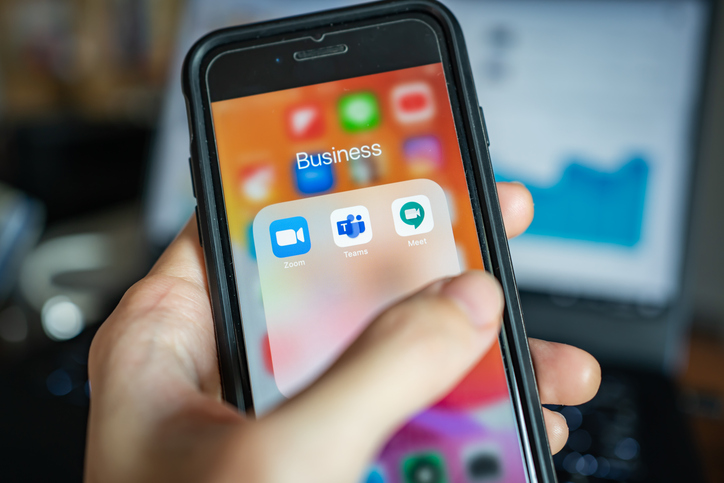6 June 2003 Investment bank Merrill Lynch says that deploying Linux has enabled it to save millions of dollars — largely in administration costs rather than licensing.
The claims were made at the Enterprise Linux Forum by Mark Snodgrass, a vice president for Merrill’s Linux Convergence Strategy. It contradicts a study from analysts IDC last year that suggested that a Microsoft Windows environment was cheaper to run than Linux across a range of tasks.
“We’ve done our numbers and we are a bank, so we know our numbers,” Snodgrass told CNet News.
Merrill is now migrating applications to Linux running on zSeries mainframes. This enables Snodgrass to run the applications on Linux virtual machines, simplifies management and means that new ‘servers’ can be provisioned in minutes.
Merrill is also investigating a potential roll-out of SuSE Linux on thin clients in a bid to cut desktop PC support costs, but he added that Merrill was unlike to become a Microsoft-free zone. “We don’t plan on replacing every Microsoft[-equipped] desktop anytime soon,” he told IDG.
At the same time that Snodgrass was speaking at the Enterprise Linux Forum, SCO Group CEO Darl McBride was hitting back at Novell over its Unix copyright and patent claims.
Novell had intervened in SCO’s legal action against IBM over the supposed use of Unix intellectual property in open source operating system Linux, by claiming that it and not SCO owned the vital copyrights and patents.
However, McBride says that SCO has dug up legal documents from October 1996 confirming the transfer of copyrights to SCO from Novell — a year after Novell had sold the UnixWare operating system to SCO.
The amendment “that came to Novell’s attention today appears to bear a valid Novell signature… [and it] seems to support SCO’s claim that ownership of some copyrights for Unix did transfer to SCO,” Novell conceded in a statement.
“The amendment does not address ownership of patents, however, which clearly remain with Novell,” it concluded. In addition, SCO will have had to have registered the change of ownership the US Copyright Office, although whether it did so is currently unclear.









